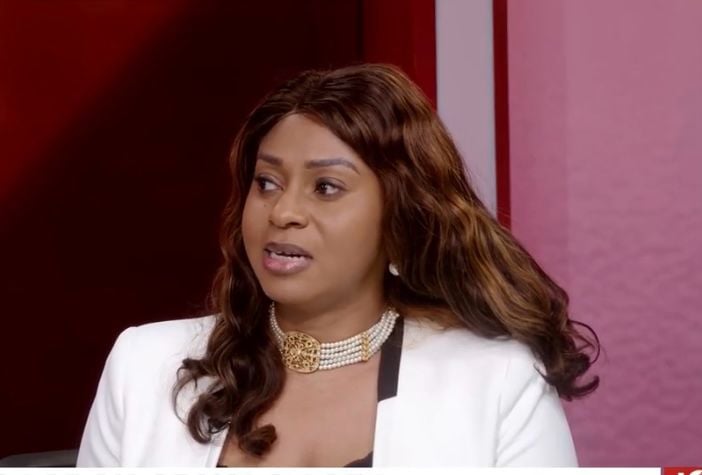The political landscape in Ghana recently witnessed a dramatic turn of events involving Sarah Adwoa Safo, the former Member of Parliament for Dome Kwabenya and Deputy Majority Leader of the New Patriotic Party (NPP). Safo’s public defiance of party directives, coupled with her prolonged absence from Parliament, culminated in a summons from the NPP’s Disciplinary Committee. The anticipated meeting, set to address Safo’s actions and their potential repercussions for party unity, became a focal point of national attention. However, the narrative took an unexpected twist when the NPP abruptly announced the postponement of the disciplinary hearing, citing unspecified internal considerations. This decision further fueled speculation and intensified the already complex situation.
Adding another layer of intrigue to the unfolding drama, Safo arrived at the NPP headquarters on the scheduled date of the meeting, seemingly unaware of its postponement. Surrounded by a throng of cheering supporters, she addressed the media, expressing her surprise and confusion regarding the change in plans. Safo emphasized that she had received no formal notification of the postponement, either from the party or through media reports. She maintained that she had been diligently preparing for the meeting with her legal team, further underscoring the disconnect between her understanding of the situation and the party’s public announcements.
The discrepancy between Safo’s statement and the NPP’s official communication raised several critical questions about the internal dynamics of the party and the handling of the disciplinary process. Safo’s assertion that she had not been informed of the postponement, despite its widespread media coverage, suggested a potential breakdown in communication within the NPP or a deliberate strategy to manage the situation publicly. The lack of clarity surrounding the “internal considerations” cited for the postponement further fueled speculation about internal divisions, power plays, and the potential influence of Safo’s supporters within the party.
The entire episode highlighted the delicate balance between party discipline and individual autonomy within a political organization. Safo’s actions, including her extended absence from Parliament and public dissent, challenged the NPP’s authority and raised concerns about the potential consequences of such behavior. The party’s response, initially firm with the summons to the Disciplinary Committee, then wavering with the abrupt postponement, revealed a degree of uncertainty and perhaps even internal conflict regarding how to best address the situation.
Beyond the immediate political implications, the Safo saga touched upon broader themes of accountability, transparency, and the role of women in Ghanaian politics. Safo’s prominence as a female politician added another dimension to the public discourse, with some observers raising questions about whether her gender played a role in the scrutiny she faced and the manner in which the situation was handled. The episode also sparked wider discussions about the responsibilities of elected officials to their constituents and the importance of upholding democratic principles within political parties.
In conclusion, the events surrounding Sarah Adwoa Safo’s disciplinary hearing, its subsequent postponement, and her surprising arrival at the NPP headquarters unfolded like a political thriller, capturing the attention of the nation and raising critical questions about party dynamics, communication, and accountability within the Ghanaian political landscape. The lack of clarity and the conflicting narratives surrounding the situation left many unanswered questions, leaving the public to speculate about the underlying motivations and potential ramifications of this ongoing political drama. The incident serves as a stark reminder of the complex interplay of factors at play within political organizations and the challenges of maintaining unity and discipline while respecting individual rights and freedoms.


